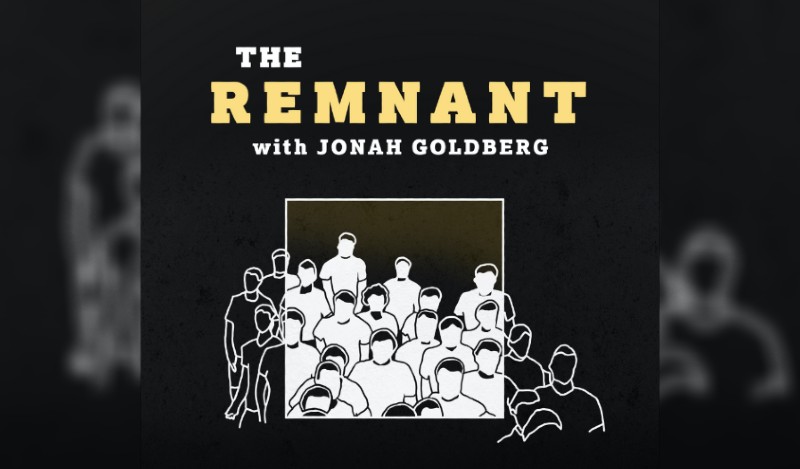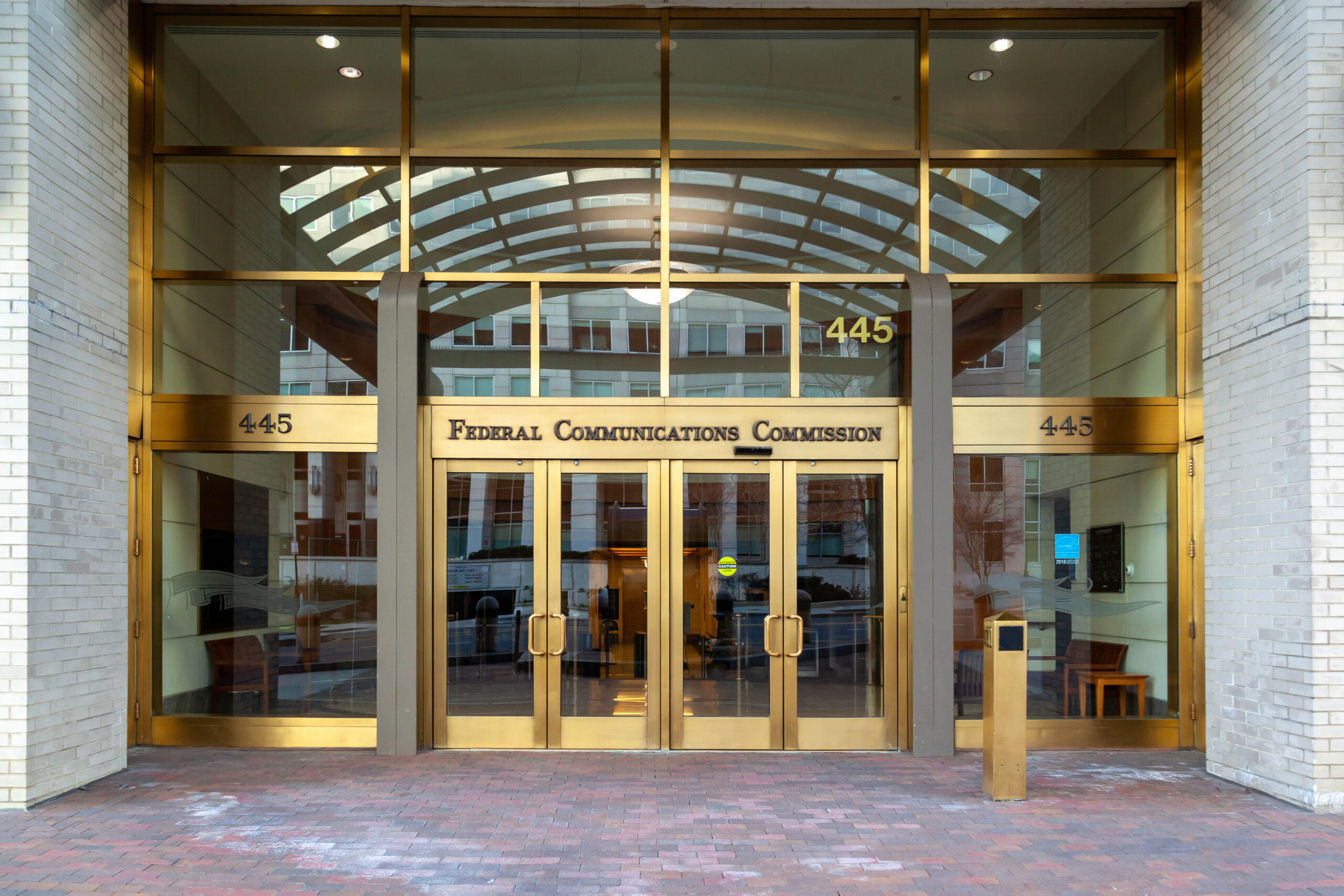Welcome to Our Research Archive
Search and filter by content type, issue area, author, and keyword

August 22, 2025
Secrecy in Tension with Democracy and Privacy
When someone attacks your democracy, it tends to stick in your craw. I don’t know that democracy is the last, best way to arrange human affairs, but if we’re going to have a democracy, participants in it should stick to the rules. If they don’t, the tradition of tit for tat in politics suggests a…

August 22, 2025
AI Is Changing—Not Stealing—Our Jobs and Lives
There was much angst surrounding AI as it loomed as a potential part of daily life, even among the so-called AI experts. But is it warranted? Physicist Niels Bohr is famously reputed to have said, “prediction is very difficult, especially about the future.” And decision scientist Philip Tetlock confirms this sentiment, claiming that most experts…

August 21, 2025
When Harry Became Sally | Interview: Carole Hooven
Carole Hooven, evolutionary biologist and nonresident fellow at the American Enterprise Institute, joins Jonah Goldberg to discuss the differences between gender and sex, homosexuality in the animal kingdom, and epigenetics.

August 21, 2025
What Does Agentic AI Mean for Interoperability, User Freedom, and Privacy?
Agentic AI, or automated systems that are capable of completing tasks and making decisions without human intervention, requires interoperability to remain innovative and competitive. But what does this degree of data access mean for user privacy? And how can this technology provide us with greater agency over our lives? In this episode of Explain to…
August 20, 2025
A Takeover of the IPCC
The Intergovernmental Panel on Climate Change (IPCC) has just released the names of its authors for its seventh assessment report (AR7). The author list for its Chapter 3 — Changes in regional climate and extremes, and their causes — suggests strongly that the IPCC will be shifting from its longstanding focus on detection and attribution (D&A) of extreme events…

August 20, 2025
Prison Call Order Delays Reform of Market Ripe for Disruption
Earlier this summer, the Federal Communications Commission (FCC) unexpectedly delayed implementation of its 2024 prison call order until 2027. The order, which was mandated by Congress and had bipartisan support in the agency and on Capitol Hill, sought to correct long-standing market distortions through a combination of cost-based pricing and competition-friendly rules. The delay was…

August 19, 2025
When Fact Checkers Stop Checking Facts
A recent Washington Post headline claimed its tech columnist, Geoffrey Fowler, had shown that “Meta’s new crowdsourced system to fight falsehoods [has] failed to make a dent.” The claim would fail a proper fact check. Meta launched its new program—Community Notes—on April 7 to replace third-party fact-checking. If you took the Post’s headline at face…
August 15, 2025
Too Big to Fail
In 2024, Nature published “The Economic Commitment of Climate Change,” by Kotz et al. (KLW24). A press release accompanying the paper’s publication announced that it projected enormous future GDP losses due to climate change, much more than almost all other studies: Even if CO2 emissions were to be drastically cut down starting today, the world economy is already committed…

August 15, 2025
Dial-Up Internet May Be History, but It Still Conditions Our Current Internet Experience
This week’s announcement that AOL will be discontinuing its dial-up internet access service on September 30 triggered a bout of nostalgia in me—an internet dinosaur who first dialed up to ARPANET in 1980. Most of today’s internet users have never experienced the electronic cacophony as modems performed their ritual handshake, or viewed online interaction as…

August 14, 2025
Illinois Bans AI Therapy. Questions about Enforcement Remain.
Last week, my home state of Illinois became one of the first in the nation to ban AI therapy when Governor Pritzker signed the Wellness and Oversight for Psychological Resources Act (WOPR) into law. The bill, which is a clear nod to the 1983 film WarGames and its ominous supercomputer, signals lawmakers’ wariness about artificial…